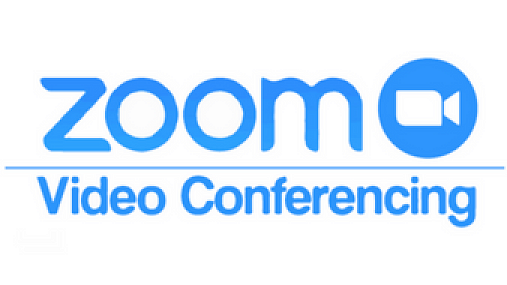Thanks to the pandemic, and the fact that it is (for now) free, video conferencing app Zoom is pretty much everywhere. Even my mother-in-law, who is in her 80s, has learned how to use it from her phone for church meetups (and this is someone who can’t even search Google). If you have somehow managed not to use this platform yet, it’s probably just a matter of time.
However, as might be expected, popularity has made Zoom a much bigger target, and exposed some serious issues.
- Zoombombing is a crime, not a prank, prosecutors warn [Ars Technica] “‘Hackers are disrupting conferences and online classrooms with pornographic and/or hate images and threatening language,’ wrote the US Attorney’s Office for the Eastern District of Michigan. ‘Anyone who hacks into a teleconference can be charged with state or federal crimes.'”
- Zoom will enable waiting rooms by default to keep trolls out [Engadget] “Zoom will automatically include passwords in invites for scheduled meetings going forward. Those who had previously scheduled meetings for after April 5th are encouraged to resend their invites, so attendees won’t have to ask for them. Also, now that waiting rooms are on by default, hosts will have to approve attendees before they can participate in a call. It could make hosting meetings a bit more difficult for those heading up large calls, but it’s probably small price to pay to prevent unwanted guests from barging in.”
- Zoom ‘unsuitable’ for government secrets, researchers say [BBC] “Until recently, Zoom was used mainly by large businesses for video conference calls. But the explosion in users during the coronavirus pandemic has created ‘a new gold rush for cyber-spies’, The Citizen Lab’s report said.”
- Zoom Now Under Investigation by at Least 2 States Over Security Complaints [Gizmodo] “Previous screwups by the company included the discovery last year that it had installed insecure, persistent local web servers on Mac devices that exposed users who visited malicious websites to webcam hijacking, which Zoom initially defended as a feature before eventually patching it out under pressure. Reports this week allege that Zoom’s claims to have true end-to-end encryption are incorrect, with an additional report by the Canada-based Citizen Lab on Friday finding that its implementation of encryption is seriously flawed and transmits keys through servers in China, where Zoom could potentially be subject to pressure from state authorities.”
From the Ohio Web Library:
- ZOOM KABOOM! (KONRAD, A. (2020). Zoom Kaboom! Forbes, 203(2), 76–85.)
- Little Known Company’s Shares Surge Again As Investors Confuse It With Zoom Video Communications (Neer Varshney. (2020, March 10). Little Known Company’s Shares Surge Again As Investors Confuse It With Zoom Video Communications. Benzinga.)
- All Eyes On Zoom: How The At-Home Era’s Breakout Tool Is Coping With Surging Demand — And Scrutiny (Konrad, A. (2020). All Eyes On Zoom: How The At-Home Era’s Breakout Tool Is Coping With Surging Demand — And Scrutiny. Forbes.Com, N.PAG.)


